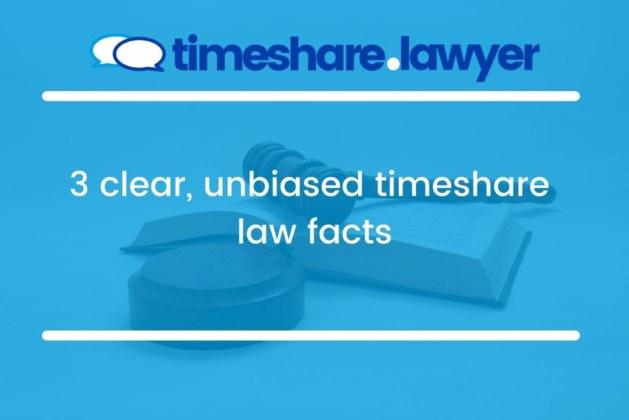3 clear, unbiased timeshare law facts
Yes, timeshare law is confusing. That’s why there are timeshare lawyers to help people figure out what to do. But here at Timeshare.Lawyer, we like to empower people as much as possible with timeshare law facts, so they can feel ready to tackle the timeshare companies with the law on their side.
These are just three brief timeshare law facts that might help you get started in learning a little more about taking on the industry.
1. More and more contracts are illegal
Even the big name timeshare companies are hitting the headlines for losing out in court to claimants with a case against them. Silverpoint, Anfi, Club la Costa and more are coming under attack for their illegal timeshare contracts, and they are not happy about it.
Tip: once you express your wish to take a timeshare company to court, they are likely to try and intimidate you with lies and veiled threats. This is to try and make you reconsider. The best thing to do is keep quiet and leave everything in the hands of your timeshare lawyer to sort out and any future communication should be all in writing.
2. You’re not stuck for life
Contrary to popular belief, there’s no reason why you should have to stay in a timeshare for the rest of your life. ‘In perpetuity’ contracts, ones that last more than fifty years, are illegal. So if yours is one of these, or even if there is no end date specified in the contract, then you have a legal case against them.
But if your contract isn’t one of these, then there’s still other reasons why you can get out of it with some help from a good timeshare lawyer. They’ll know all the timeshare law facts necessary to get you out of the contract legally and for good.
3. The cooling-off period
If you’re still in the early days of your timeshare contract, it may be pretty straightforward to legally exit your timeshare. The first 14 days after signing are known as the ‘cooling off period’, though in law this can extend to three months. Your timeshare lawyer will know precisely how long your cooling off period should have been.
If you weren’t told about the cooling off period, then your timeshare contract will be null and void. If you were told there wasn’t one, or they made it difficult for you to cancel during that period, then there is a legal case against them.
These are just three timeshare law facts that may get you on your way to freedom from your timeshare. For more information and tips, take a look at our other informative articles, which we have written to help and guide you along your way.
If you need further help or have other questions to ask, then please feel free to get in touch. We are always happy to help.



